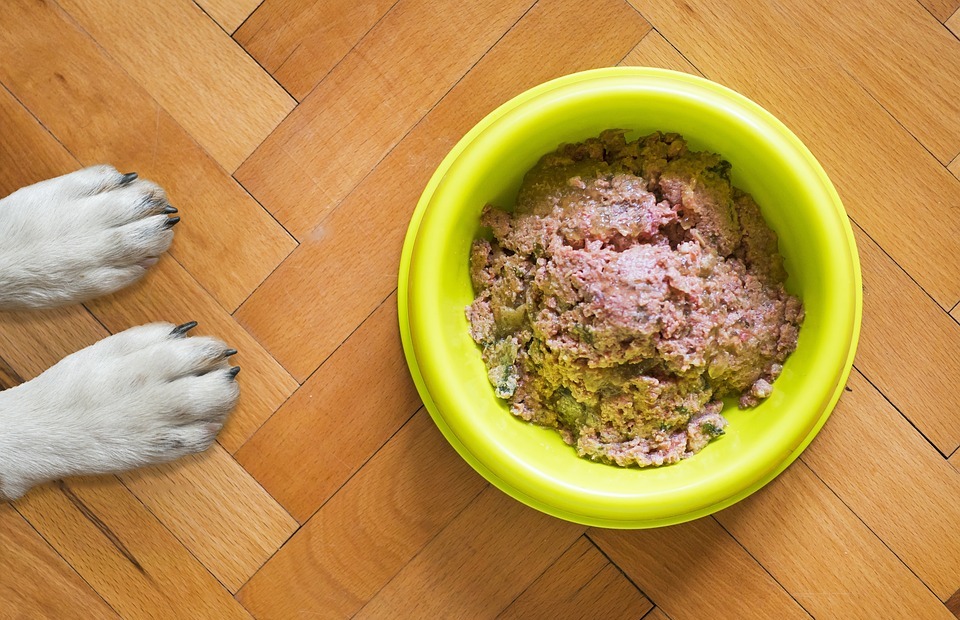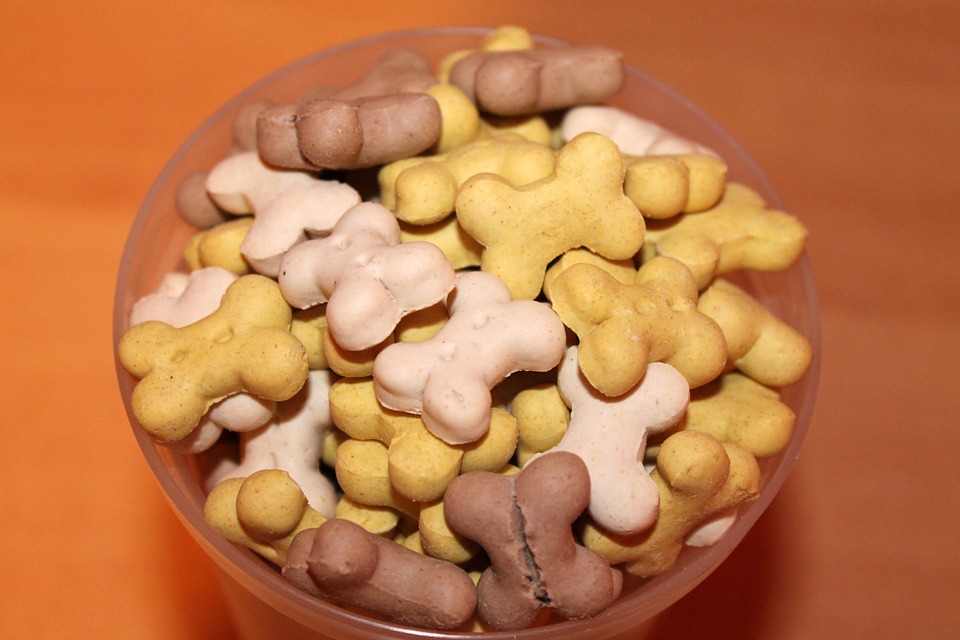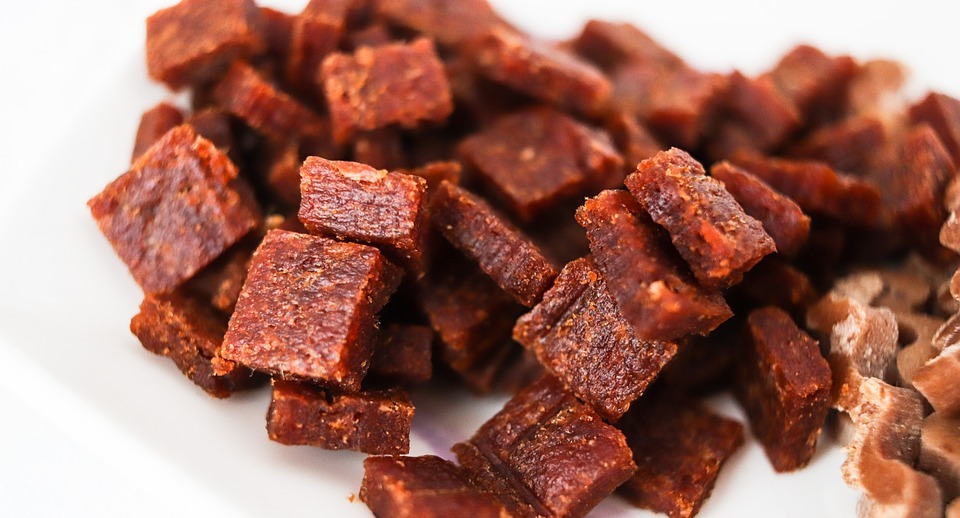This comprehensive guide delves into the fascinating world of nuts and dogs, exploring which nuts are safe for your furry friend to enjoy and which ones should be strictly avoided. We'll examine the nutritional benefits of safe nuts, the potential dangers of toxic nuts, and provide essential tips on how to introduce nuts into your dog's diet safely and responsibly.
Part 1: Nuts That Are Generally Safe for Dogs

1.1. Peanuts: A Controversial Treat
Peanuts, despite their name, are actually legumes and not true nuts. They're a popular treat for dogs, but it's crucial to offer them in moderation.
- Nutritional Benefits: Peanuts are a good source of protein, healthy fats, and fibre. They also contain vitamins and minerals like vitamin E, niacin, and potassium.
- How to Feed: Offer peanuts unsalted, unroasted, and in small amounts. Avoid peanut butter, which often contains xylitol, a sweetener that's toxic to dogs. Choose dog-specific peanut butter brands that are xylitol-free.
- Potential Concerns: Overconsumption of peanuts can lead to digestive issues or weight gain. Peanuts can also be a choking hazard for small dogs. Dogs with nut allergies should avoid peanuts completely.
1.2. Almonds: A Nutrient-Rich Option
Almonds are another safe option for dogs, providing a boost of protein and healthy fats.
- Nutritional Benefits: Almonds are rich in monounsaturated fats, fibre, and vitamin E. They also contain magnesium and calcium.
- How to Feed: Offer almonds plain, unsalted, and in small quantities. Avoid almond butter, as some brands contain xylitol. Choose dog-specific almond butter brands that are xylitol-free.
- Potential Concerns: Almonds can be a choking hazard for small dogs. Overconsumption can lead to digestive upset.
1.3. Cashews: Enjoy in Moderation
Cashews are generally safe for dogs but should be offered with caution.
- Nutritional Benefits: Cashews are high in protein, healthy fats, and minerals like magnesium and zinc.
- How to Feed: Offer cashews plain, unsalted, and in small quantities. Avoid roasted or salted cashews.
- Potential Concerns: Cashews can be a choking hazard for small dogs. They contain a high fat content, which can lead to digestive problems if consumed excessively.
1.4. Brazil Nuts: A Selenium Source, But Be Careful
Brazil nuts are safe for dogs in small amounts, providing a valuable source of selenium.
- Nutritional Benefits: Brazil nuts are rich in selenium, a powerful antioxidant that supports immune function. They also contain healthy fats and protein.
- How to Feed: Offer Brazil nuts plain, unsalted, and in tiny quantities. Avoid giving whole Brazil nuts, as they are large and can be a choking hazard. Crack them into smaller pieces.
- Potential Concerns: Overconsumption of Brazil nuts can lead to digestive issues. Due to their high selenium content, too many Brazil nuts could lead to selenium toxicity, causing symptoms like hair loss, lethargy, and joint pain.
Part 2: Nuts That Are Toxic to Dogs

2.1. Macadamia Nuts: A Serious Threat
Macadamia nuts are highly toxic to dogs, even in small amounts.
- Toxicity Symptoms: Symptoms of macadamia nut toxicity can include vomiting, weakness, tremors, paralysis, and increased body temperature. These symptoms typically appear within 12 hours of ingestion.
- Treatment: If your dog has ingested macadamia nuts, seek immediate veterinary attention. Treatment may involve inducing vomiting, administering activated charcoal, and supportive care.
- Prevention: Keep macadamia nuts out of reach of your dog. Never offer them as a treat.
2.2. Walnuts: Choking Hazard and Digestive Issues
Walnuts can be a choking hazard for dogs and can cause digestive upset if consumed in large quantities.
- Potential Concerns: Walnuts are hard and can be difficult for dogs to chew. They can become lodged in the throat or intestines, causing a blockage. They can also contain juglone, a compound that can be toxic to dogs.
- Prevention: Avoid offering walnuts to your dog. If you do offer them, break them into very small pieces and supervise your dog closely.
2.3. Pecans: Similar Risks to Walnuts
Pecans are similar to walnuts and should be avoided due to their potential for choking and digestive issues.
- Potential Concerns: Pecans are hard and can be difficult for dogs to chew. They can also contain tannins, which can be toxic to dogs.
- Prevention: Avoid giving pecans to your dog.
2.4. Pistachios: Small Size, Big Problems
Pistachios are a choking hazard and can cause digestive upset in dogs.
- Potential Concerns: Pistachios are small and can be easily inhaled or swallowed whole. Their high fat content can lead to diarrhoea or pancreatitis.
- Prevention: Avoid giving pistachios to your dog.
Part 3: Tips for Feeding Nuts to Your Dog Safely

3.1. Moderation is Key: A Little Goes a Long Way
Even safe nuts should be offered in moderation. Too many nuts can lead to digestive upset, weight gain, or other health problems. A good rule of thumb is to offer nuts as a rare treat, no more than once or twice a week.
3.2. Plain and Unsalted: Avoid Extra Ingredients
Always choose plain, unsalted nuts for your dog. Salted nuts can lead to sodium toxicity, especially in small dogs. Salt can also dehydrate dogs and put a strain on their kidneys.
3.3. Check for Xylitol: A Sweetener That's Deadly for Dogs
Many nut butters contain xylitol, an artificial sweetener that is toxic to dogs. Check the ingredient list carefully and avoid products containing xylitol. Even a small amount of xylitol can cause serious health problems, including liver failure, seizures, and death.
3.4. Avoid Nut Shells: Choking Hazard and Potential for Internal Injuries
Nut shells can be a choking hazard and can cause internal injuries if ingested. Always remove nut shells before giving nuts to your dog. Nut shells can also splinter and damage a dog's digestive tract.
3.5. Supervise Your Dog: Ensure Safe Consumption
Supervise your dog closely when they are eating nuts. This will help you ensure they are chewing properly and not choking. Also, monitor your dog for any signs of digestive upset after consuming nuts, such as vomiting, diarrhoea, or lethargy.
Part 4: FAQs
4.1. Can I give my dog peanut butter?
Only offer peanut butter that is specifically formulated for dogs and does not contain xylitol. Always check the ingredient list and choose a brand that is safe for pets.
4.2. What if my dog accidentally eats a toxic nut?
If you suspect your dog has ingested a toxic nut, contact your veterinarian immediately. They will be able to assess the situation and provide guidance on the best course of action. You should also be prepared to provide your veterinarian with information about the type of nut and the amount your dog ate.
4.3. Are there any signs of nut toxicity to look out for?
Signs of nut toxicity can include vomiting, diarrhoea, lethargy, tremors, increased thirst, and difficulty breathing. If you notice any of these symptoms, seek veterinary care immediately.
4.4. Can I give my dog nuts every day?
It is not recommended to give your dog nuts every day. Nuts should be considered occasional treats. Overfeeding nuts can lead to obesity, digestive issues, and other health problems.
4.5. What are some good alternatives to nuts for dog treats?
There are many safe and healthy alternatives to nuts for dog treats, including fruits (bananas, blueberries, apples - remove the core), vegetables (carrots, green beans, broccoli), cooked meat (chicken, turkey, beef), and commercial dog treats. Always choose treats that are specifically formulated for dogs and avoid giving your dog human food that could be harmful.
4.6. Are nuts suitable for all dogs?
While many dogs can enjoy nuts in moderation, some breeds are more prone to nut allergies or sensitivities. If your dog has a history of allergies, it's best to consult your veterinarian before introducing any new foods.
This comprehensive guide provides valuable information for dog owners who are considering giving nuts to their furry companions. Remember, moderation, safety, and careful selection are paramount when it comes to incorporating nuts into your dog's diet. Always consult your veterinarian for personalized advice on what's best for your specific canine companion.
Everyone is watching
-

Can Dogs Eat Bananas? A Guide to Safe Treats
DOGS & PUPPIESThis comprehensive guide will delve into the world of canine nutrition, focusing on the popular question: can ...
-

Can Dogs Eat Oranges? (Is It Safe or Toxic?)
DOGS & PUPPIESThis article delves into the question of whether dogs can safely consume oranges. We'll explore the nutrition...
-

Can Dogs Eat Grapes? The Shocking Truth About This Fruit
DOGS & PUPPIESThis article delves into the controversial topic of grapes and dogs, exploring the potential dangers associate...
-

Why Do Dogs Eat Poop? Understanding Coprophagia in Dogs
DOGS & PUPPIESThis article delves into the perplexing phenomenon of coprophagia, the act of eating faeces, in dogs. We explo...
-

Can Dogs Eat Shrimp? A Guide to Safety and Risks
DOGS & PUPPIESThis comprehensive guide dives into the world of shrimp and dogs, exploring the potential benefits and risks a...
